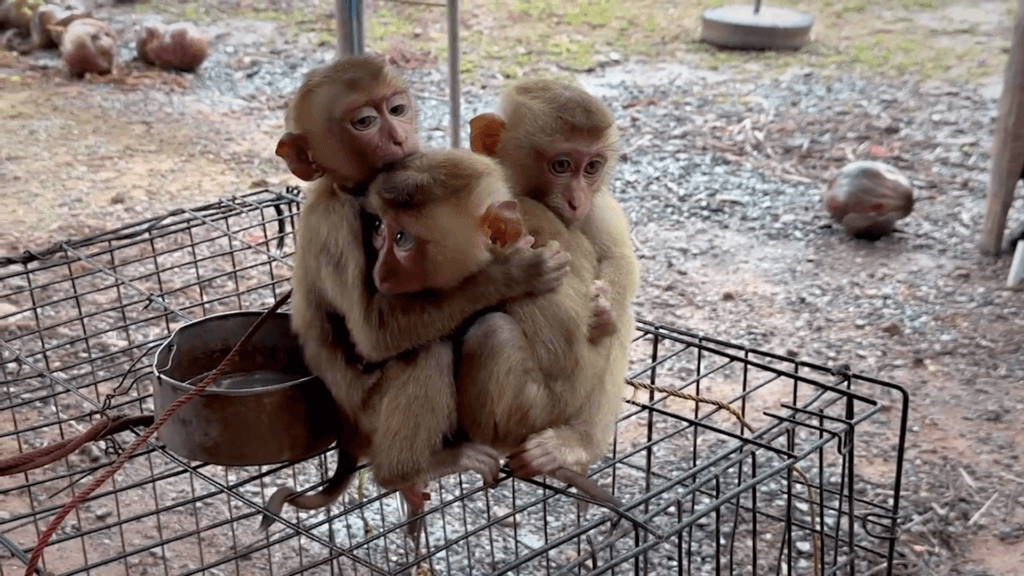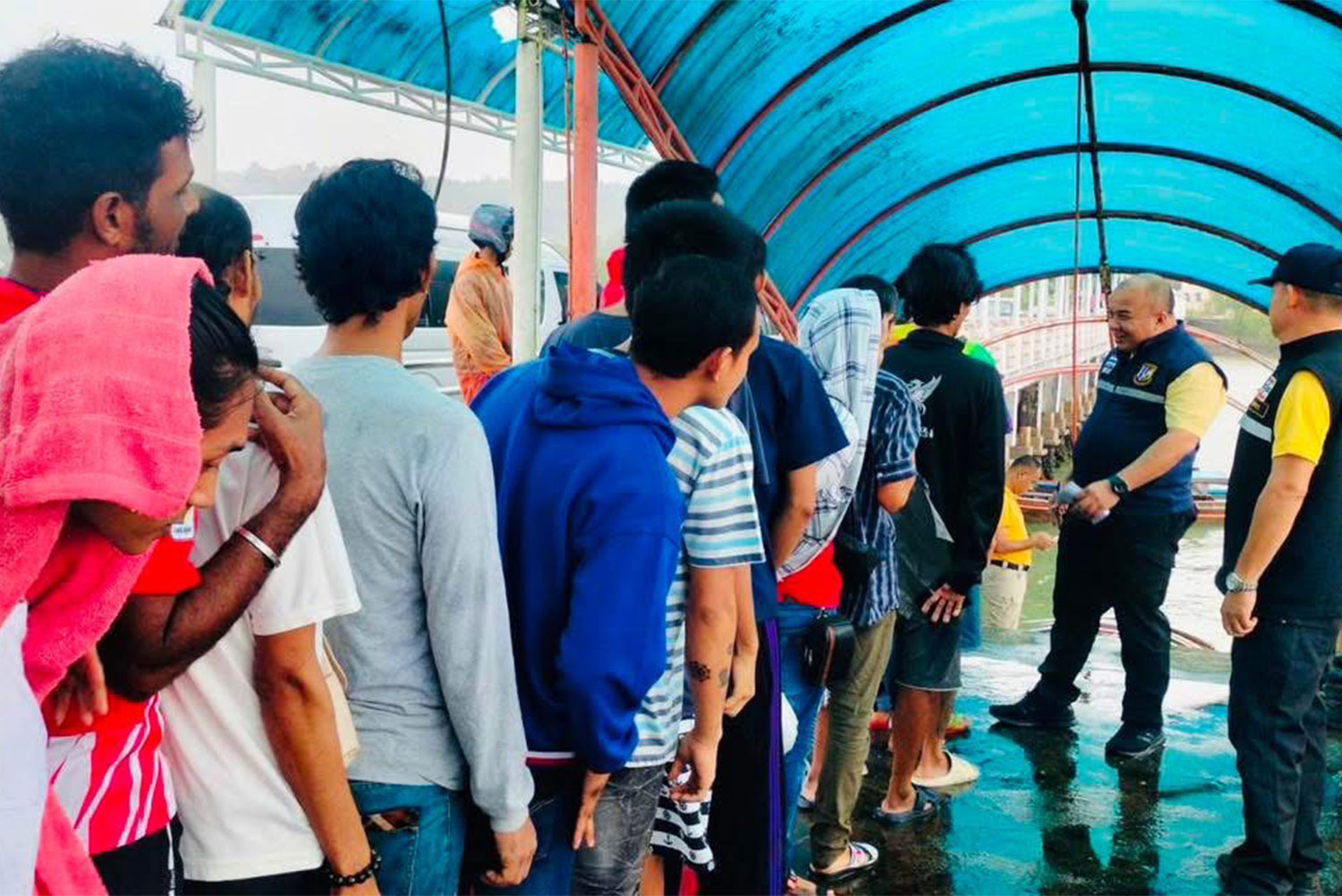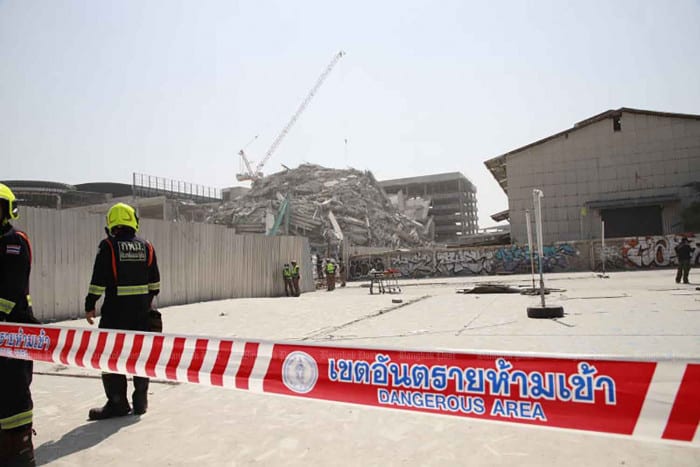PETA Uncovers Disturbing Exploitation of Monkeys
PETA Asia has revealed alarming practices within Thailand’s coconut industry, where monkeys are subjected to severe mistreatment. These intelligent primates are often kept in chains and forced to climb trees to harvest coconuts, which are then sold globally. Many of these animals are either stolen from their families or bred in captivity, enduring a life devoid of freedom and subjected to physical abuse to enforce compliance.
Investigative Findings on Monkey Exploitation
PETA’s investigations have documented that these monkeys are isolated, deprived of proper nutrition, and live in harsh conditions. They are often beaten to instill obedience, resulting in a life characterized by suffering and despair.
Historical Context of PETA’s Investigations
In 2019, PETA Asia first exposed the exploitation of monkeys on Thai coconut farms. The investigation revealed that these animals were not only denied social interaction but also forced to live in deplorable conditions. Investigators traced coconuts sold by these farms back to major brands like Chaokoh, prompting immediate alerts to both the Thai government and the company.
Continued Abuse Despite Awareness
Despite PETA’s findings, a follow-up investigation in 2020 confirmed that the use of monkey labor persisted. Investigators discovered “monkey schools” where baby monkeys were trained under brutal conditions, further highlighting the ongoing cruelty within the industry.
Disproving Claims of ‘Monkey-Free’ Coconut Products
Between December 2021 and July 2022, PETA conducted its most extensive investigation yet, covering over 140 locations across Thailand. The findings starkly contradicted the Thai government’s claims that monkey exploitation had ceased. Footage captured by investigators depicted monkeys tethered and subjected to dangerous conditions while harvesting coconuts.
Identifying Responsible Companies
Investigators identified several companies involved in this unethical practice, including Thai Kitchen and Aroy-D. The lack of regulatory oversight allowed these farms to continue operating without accountability.
PETA Collaborates with Activists for Change
Following its latest investigations, PETA partnered with notable figures like Mike White to raise awareness about the plight of these monkeys. White has publicly urged the Thai government to take decisive action against the cruel practices prevalent in the coconut industry.
Call to Action for Consumers
PETA is urging consumers to refrain from purchasing coconut products sourced from Thailand until comprehensive reforms are implemented. The organization emphasizes that without significant changes, no coconut milk can be guaranteed as “monkey-free.”
The Need for Immediate Reform
The ongoing exploitation of monkeys in Thailand’s coconut industry demands urgent attention from both consumers and authorities. PETA continues its campaign to end this cruel practice and advocates for a complete ban on monkey labor.









